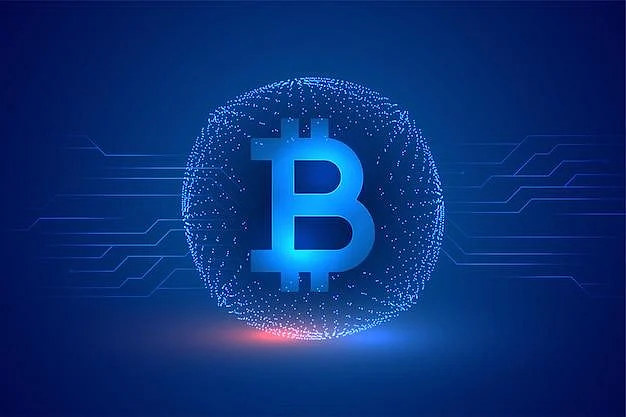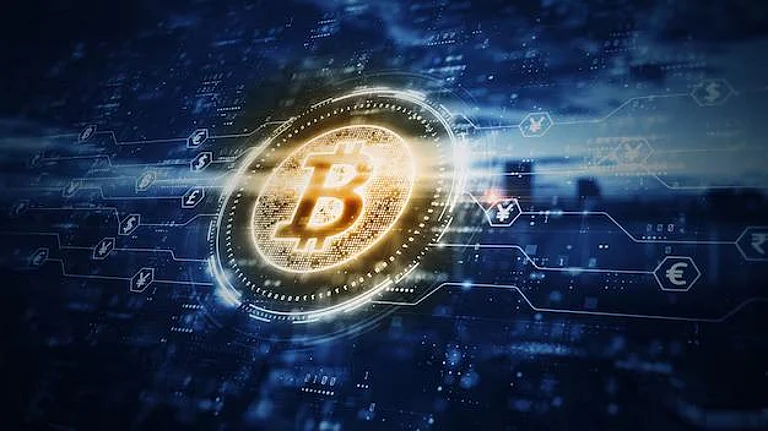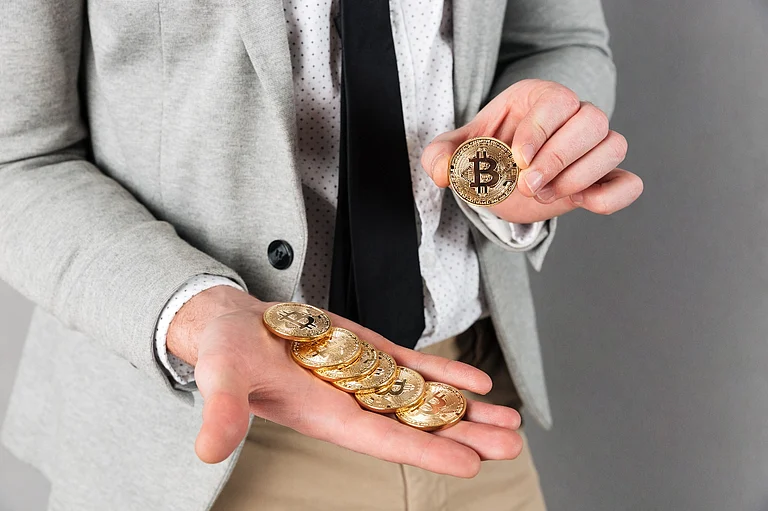As cryptocurrencies pick up in India, Bitcoin has become a top-emerging digital asset among investors. Yet, the digital and decentralized nature of Bitcoin exposes it to cyberattack, theft, and fraud. Purchasing Bitcoin securely is not just making a transaction, but rather a comprehensive approach to security. Indian investors must know about potential risks, install strong defenses, and be aware of emerging threats.
Selecting a Reliable Exchange is the Starting Point
Security for your Bitcoin starts at the buy point. All exchanges are not the same when it comes to security. Indian investors need to look for exchanges that are regulated, transparent, and well-established in the market. End-to-end encryption, two-factor authentication (2FA), whitelisting of withdrawals, and insurance are imperative. Exchanges that hold most of their assets in cold wallets and have minimum online exposure tend to be safer. It is important to do thorough research on the exchange, examine its security practices, and read community reviews before purchasing Bitcoin.
Protecting Accounts and Private Information
After picking a platform, account security is the top priority. Utilize secure, different passwords that are never shared for any other accounts. Activating two-factor authentication provides an extra valuable layer of security, which asks you to verify using another device or application. Hardware-based authentication or biometric authentication is even better where these options are available. Never store sensitive data such as passwords and seed phrases on electronic devices that are constantly internet-connected.
Cold vs. Hot Wallets: How to Store Bitcoin Safely
After purchasing Bitcoin, storage is the next key step. Hot wallets, which are connected to the internet, are convenient for frequent trading but are vulnerable to hacking. Cold wallets, such as hardware wallets or offline paper wallets, store your Bitcoin offline, making them resistant to online attacks. Indian investors must adopt a hybrid strategy: employ hot wallets for active trading and cold wallets for long-term storage. Private keys stored in offline, encrypted environments mean that even in the event that your devices are compromised, your Bitcoin is still secure.
Prevention of Phishing and Scams
Scammers typically resort to phishing attacks, imitation websites, or social engineering to capture sensitive data. Indian investors should be careful and always check the authenticity of websites and communications with exchanges. Never give private keys, recovery phrases, or account passwords to anyone. Don't click on unsolicited links, emails, or social media messages that promise help or rewards for buying Bitcoin. With a healthy dose of skepticism and cross-checking all communications, investors can steer clear of scams.
Safe Transaction Practices
Performing transactions over secure networks is critical. Public Wi-Fi is particularly vulnerable to interception and hacking attempts. When buying Bitcoin, always use private, encrypted internet connections. Using a virtual private network (VPN) adds another layer of security by masking your IP address and encrypting your data. Regularly updating devices, wallets, and security software is also necessary to defend against malware, ransomware, and other cyber threats.
Maintaining Backups and Recovery Plans
Regardless of stringent security precautions, technical errors or accidents can happen. Indian investors must have several offline copies of wallet data, private keys, and seed phrases. Backup versions should be encrypted and kept in secure, distinct places to avoid loss due to theft, fire, or device failure. Having a solid recovery procedure ensures that Bitcoin is always available in case of an emergency without jeopardizing security.
Regular Monitoring and Caution
Security doesn't stop after you buy Bitcoin. Active account monitoring, transaction history, and wallet balances detect suspicious behavior in time. Exchange alerts for login attempts or withdrawals can give you timely notice. Keeping track of new scams, phishing methods, and malware aimed at cryptocurrency traders is essential for long-term security.
India's crypto laws are changing, and compliance is a critical part of security. Familiarity with taxation laws, report filing, and governmental alerts guards investors against legal pitfalls. Awareness of official announcements also safeguards investors against bogus schemes that purport to have regulatory clearance or cooperation.
Learning and Keeping Up to Speed
Knowledge is the best security tool. Indian investors must constantly learn about cryptocurrency technology, wallet options, and possible cyber threats. Subscribing to reputable online forums, reading security advisories, and learning news on Bitcoin security breaches can give insights into developing threats and remedies.
Conclusion
Purchasing Bitcoin in India demands an end-to-end security approach. Be it choosing good exchanges, safekeeping private keys, strong authentication, avoiding phishing attacks, and backup options, every move counts. By following these guidelines and staying cautious, Indian investors can avoid being duped, safeguard their holdings, and invest securely within the cryptocurrency space. Bitcoin is not merely a virtual asset—it's a responsibility, and keeping it secure to its best ensures safety without any compromise

























